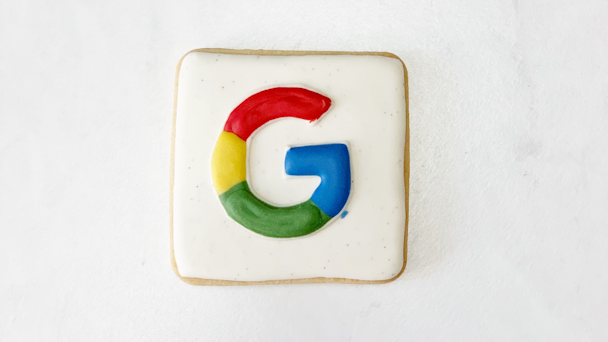Google’s delayed the death of cookies – don’t wait for it to solve your marketing problems
Joe Root, chief executive and co-founder at Permutive, talks us through Google’s cookies delay and the roadmap for marketers through this period.

Regardless of what Google does to the third-party cookie in Chrome, advertisers should safeguard and build for survival
Google’s extension of its deadline to remove third-party cookies is only a respite for advertisers, not a change in direction. The announcement focuses on what’s happening within Google’s own ecosystem rather than digital advertising as a whole.
The industry cannot ignore what’s happening with data privacy at a macro-level because regulators, the other browsers and consumers certainly aren’t. The changes required in digital advertising are not solely related to third-party cookies and Google; it’s about empowering those who have first-party relationships and protecting user data from entering the hands of those who don’t.
On the surface, it looks like advertisers are faced with another two years of uncertainty – but only if they wait for Google to solve their problems.
The following two years shouldn’t be spent fixated on this one deadline. Data privacy headlines are hitting mainstream news outlets. The Irish Council for Civil Liberties (ICCL) is currently taking legal action against the IAB for its members’ use of real-time bidding systems. Apple’s privacy protections for iOS 15 send a clear message to those still relying on identity in digital advertising that the Apple ecosystem will not accept any workarounds – including the use of IP addresses as a replacement for third-party identifiers. Apple is also running consumer advertising, personifying exactly how third parties track their online behavior.
Protecting user privacy in digital advertising is not slowing down; it’s gaining momentum.
The future of advertising will be built on direct relationships
The chaos and confusion about what can and cannot be done around identity in advertising, and any workarounds for the third-party cookie, are primarily about maintaining the status quo. That is, collecting and harvesting vast amounts of data about consumers to track them across the web without consideration for user privacy and transparent value exchange. It harms the digital advertising industry and dilutes the relationship between advertisers and publishers and the relationship with their end-users.
Privacy will push everything toward relationships between advertisers, publishers and users. It calls into question the role of anyone who doesn’t have that direct, first-party relationship and where they fit in a future advertising ecosystem – an ecosystem that will safeguard user data and advertiser and publisher revenue.
For advertisers, this points to publishers’ consented, first-party data. Building a closer relationship with these trusted partners becomes the only data strategy that will enable them to scale across the web in a privacy-safe way.
A privacy-safe solution already exists, and it lies with publishers
What comes with Google’s extended deadline is a delay in testing its Privacy Sandbox initiative. It’s unknown when marketers will be able to test Google’s most developed proposal, Federated Learning of Cohorts (Flocs). But advertisers don’t need to wait for Flocs, and shouldn’t place their reliance on Google coming out with a solution in all this.
Publishers saw the writing on the wall and did not wait until the cookie disappeared entirely to adjust their strategies. Advertisers can benefit from this foresight as publishers have a solution that doesn’t use third-party cookies; a method that meets regulation is already live – Publisher Cohorts.
These cohorts are built directly at the source, using publisher first-party data, without the use of individual identifiers; billions of cookieless impressions are being traded every month on Publisher Cohorts. By working with publishers, advertisers can unlock targeting decisions based on data without a cross-domain identifier – addressing privacy and scalability.
Flocs are also ambiguous in terms of GDPR compliance and the role of the data controller and data processor; publishers build their cohorts and have a direct relationship with their end-user, so they don’t carry the same ambiguity.
Platforms aren’t the main drivers of privacy, so don’t wait for them to make changes
Building a future-proofed, sustainable foundation for data-driven marketing as an advertiser relies on getting closer to other first-party data owners. It’s because advertiser first-party data alone won’t scale, but by working with publishers, there’s an ability to address audiences at scale while also protecting privacy.
Regardless of what Google does to the third-party cookie in Chrome, advertisers should safeguard and build for survival from the coming regulatory changes. It goes back to Google’s announcement being one milestone in a more significant privacy movement. Focusing on third-party cookies only deflects from the macro-trend, privacy, driven by regulators and not platforms.
The cookieless, future-proof solution that advertisers have been kept waiting for already exists in Publisher Cohorts – it scales and meets privacy requirements, and billions of impressions are being traded every month.
